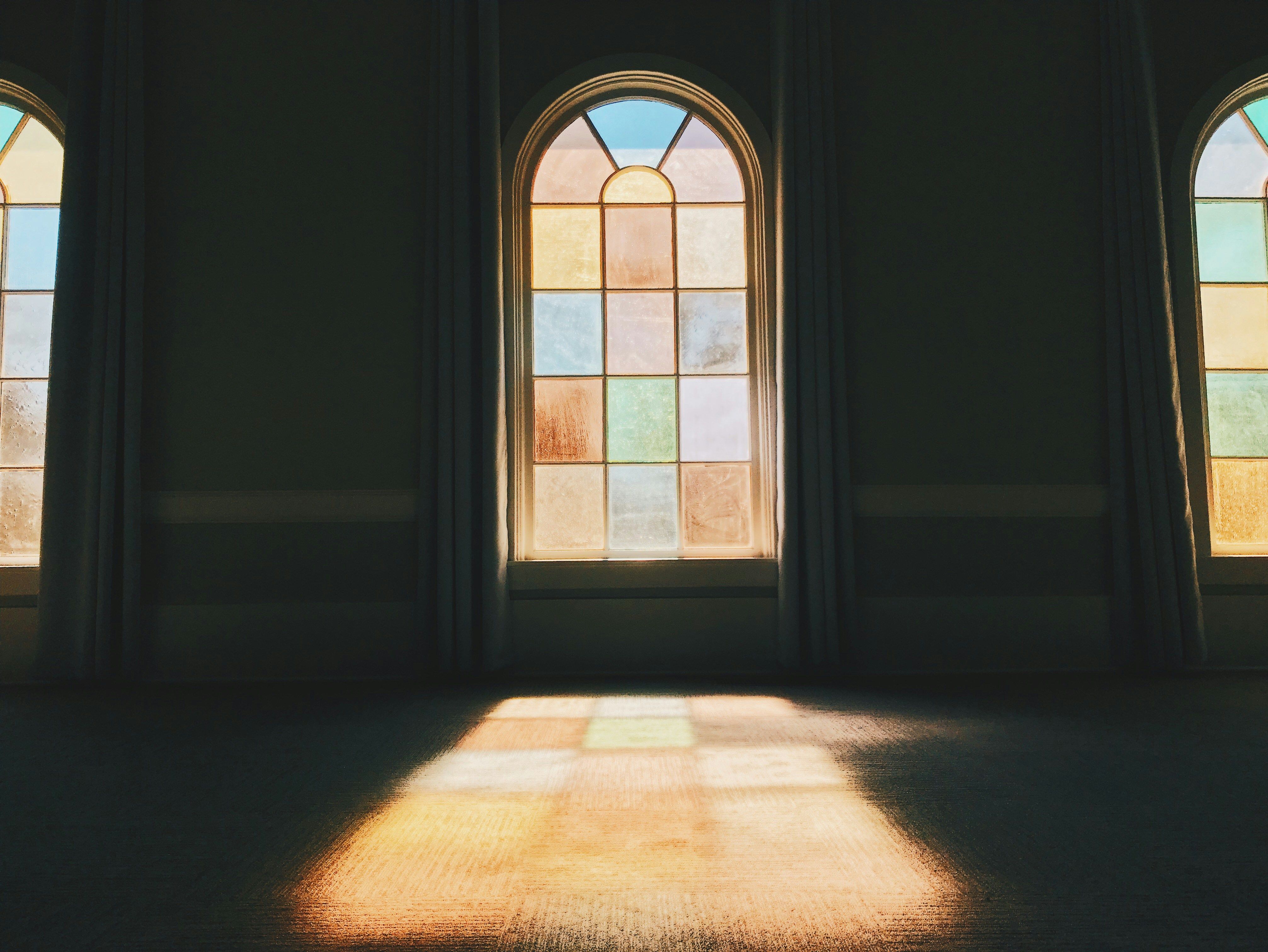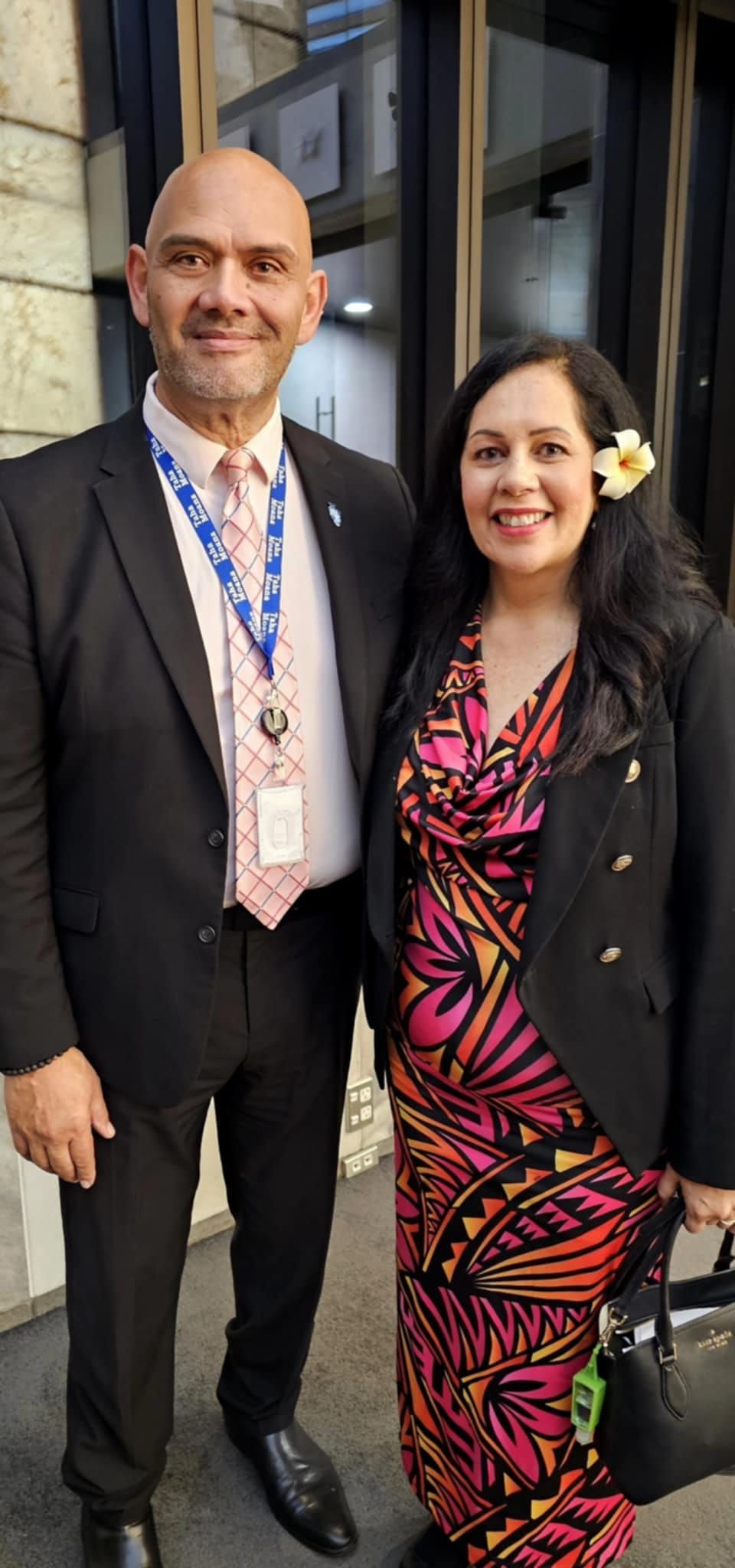

The Abuse in Care final report details sexual and physical abuse of children in faith-based care.
Gregory Hayes via Unsplash
Pacific abuse survivor calls for action and responsibility from faith leaders
Pacific communities and churches are being urged to do better in understanding and uncovering sexual violence, following the Abuse in Care Royal Commission of Inquiry’s damning findings.



Heading off on a roadie? Here’s how to keep your car and whānau safe




Heading off on a roadie? Here’s how to keep your car and whānau safe

*Warning: This story story discusses child abuse and may be triggering for some people.
He was a paedophile. She was five.
Moeapulu Frances Tagaloa endured two years of sexual and emotional abuse at the hands of Brother Bede Fitton, a teacher at Marist Brothers Intermediate.
Her experience is one of 2,329 documented in the Royal Commission of Inquiry’s final report into Abuse in Care, where it’s estimated more than 200,000 children were abused during their time in state or faith-based care between 1950-1999.
After six years of investigation, the report was tabled in Parliament yesterday. Moeapulu said it was an emotionally charged day.
“Many survivors around me were crying at different times in different parts,” she said.
“Some of my friends who I’ve come to know that are survivors, they were acknowledged by various ministers and that was just so moving because I just know what that meant to them, that they had been heard, that their story had been confronting and convicting about things that need to change.”

Photo/Daniel Mccollough via Unsplash
Speaking to William Terite on Pacific Mornings, Moeapulu said disclosing abuse is a major obstacle, and it’s important for survivors to be able to share their experience safely and feel empowered.
“For our Pasifika, I think the biggest taboo is not to be talking about abuse,” she said.
“And if you are that special person that someone discloses their abuse to, then it's your responsibility then to encourage and support them, and don't stop them from telling their story, because unfortunately, that's what's happened, the story is too difficult and hard to hear.
“We silence our survivors, and at worst, some of our churches just want to cover it up.”
Taboo topic
Moeapulu didn’t tell her parents about the abuse until her 30s due to cultural and religious barriers, and a fear of not being believed.
“Although I’ve had a blended culture, in our family we don’t talk about sex.
“If I told my parents what Brother Bede (Fitton) did, I would be calling into question my parents’ faith. I didn’t want to be a source of pain for them.
“I also didn’t want them to feel like their parenting or parenting choices had caused this to happen to me.”
One of the Inquiry’s senior engagement advisors Fa’afete Taito said this feeling is common.
Speaking on Te Ao with Moana, Taito said it was a challenge convincing other abuse survivors to come forward.
“Because our people hold our religious leaders in such esteem, people just won’t come forward. Not only because of the shame behind it, but because they’ll bring their family into disrepute.”
The Inquiry acknowledged a lack of engagement with the Pacific community, as only five per cent of the survivor reports were from Pacific peoples, despite estimates Pacific children and youth experienced the highest proportion of physical abuse of any ethnicity, along with racial discrimination and neglect.
Pacific Engagement Lead for the Survivor Experiences Service Thomas Tarurongo Wynne says there is a lot to unpack.
“For such a long time, either when it first happened when they were children, or even as teenagers, for the most part, society said, we don't believe it.
“Even in our communities, Pacific communities didn't believe what they were saying, so for the longest time in their lives, there's just been this question mark over the validity of this story that it's not been validated, and last night, it was validated.
“And now as a country, you know, we have to take that on board and say, how do we do better?”
The price of healing
The report recommends public apologies from government officials, and religious leaders around the world, including the Pope.
Prime Minister Christopher Luxon announced a formal apology would take place in November and work with survivor groups to design a redress system.
“It’s not about the dollars.”
It is not clear whether this apology includes faith-based institutions.

Thomas Tarurongo Wynne and Moeapulu Frances Tagaloa at Parliament for the Abuse in Care final report's tabling. Photo/Supplied
Moeapulu is now co-chair of the Survivor Experience Service, an interim group set up to listen to and support historic and more recent survivors, and helping people get reports and documentation of their time as a state ward.
The group wants to see an independent redress system set up urgently, as the ongoing impact of trauma is different for everyone, said Moeapulu
“They've done a study that says that for survivors, the cost of survivors not having a normal life is around $800,000.
“There are survivors that just can't work due to the trauma and the pain they still have to navigate every day, the trauma and pain of their abuse.
“People today, survivors, are dealing with health issues that are a direct result of their abuse, or they might need counselling or other support services, sometimes medical help because of the impacts of abuse.”
One of the recommendations is a sum of $10,000 for children of those who were in care, to stop intergenerational harm continuing.
Other recommendations include training for staff and care workers to address prejudice and discrimination, and a complaint process that is suitable for Pacific peoples.
Wynne said the Pacific community must take time to reflect and respond to the report.
“Of all our migrant populations that came in the 40s and the 50s and 60s and 70s and even later, our aspirations never considered that our children would end up abused by the same state that we came for that milk and honey story for.
“I think that needs deeper reflection by us as Pacific communities as to what our aspirations are, and how we best reach and measure those.”
Watch the full interview with Thomas Tarurongo Wynne on Pacific Mornings:
If you are a victim of family violence or in a relationship that makes you fearful about your own or anyone else's safety, seek help as soon as possible. You have the right to be safe.
Elder Abuse Helpline | 0800 32 668 65 - 24 hours
Family violence information line(link is external) | 0800 456 450
Gandhi Nivas(link is external) - supporting men to be free from violence | 0800 426 344
Hey Bro helpline(link is external) - supporting men to be free from violence | 0800 HeyBro (439 276)
Hohou te rongo kahukura - outing violence(link is external) - building rainbow communities free from violence
National network of stopping violence(link is external) | 03 391 0048
Shakti - for migrant and refugee women | 0800 742 584 - 24 hours
Shine National Helpline(link is external) | 0508 744 633 - 24 hours
Victim Support(link is external) - support for men and women victims | 0800 842 846 - 24 hours
Women’s Refuge crisis(link is external) line | 0800 733 843 - 24 hours
Rainbow Youth(link is external) - promoting healthy queer, trans and takatäpui relationships